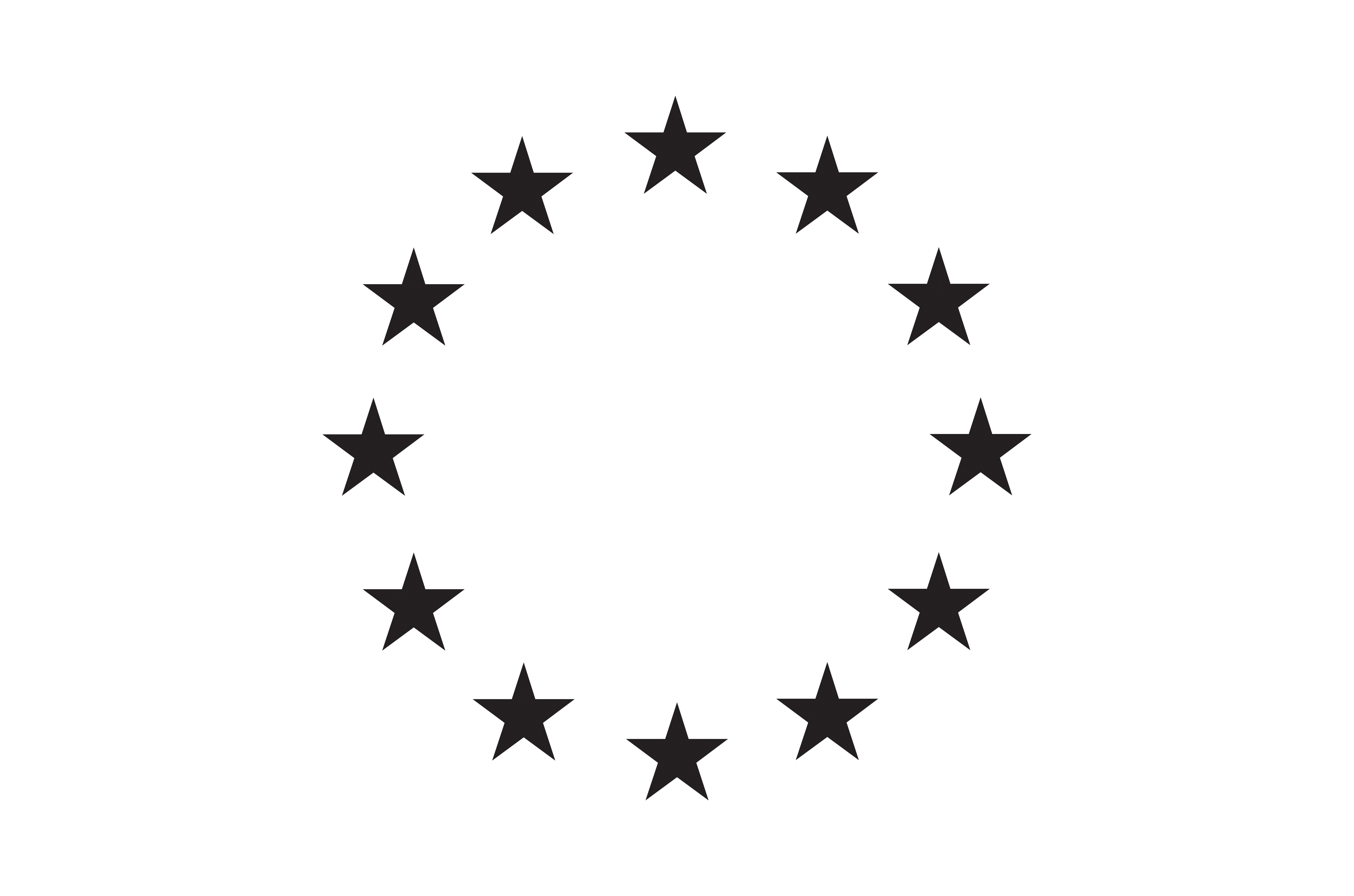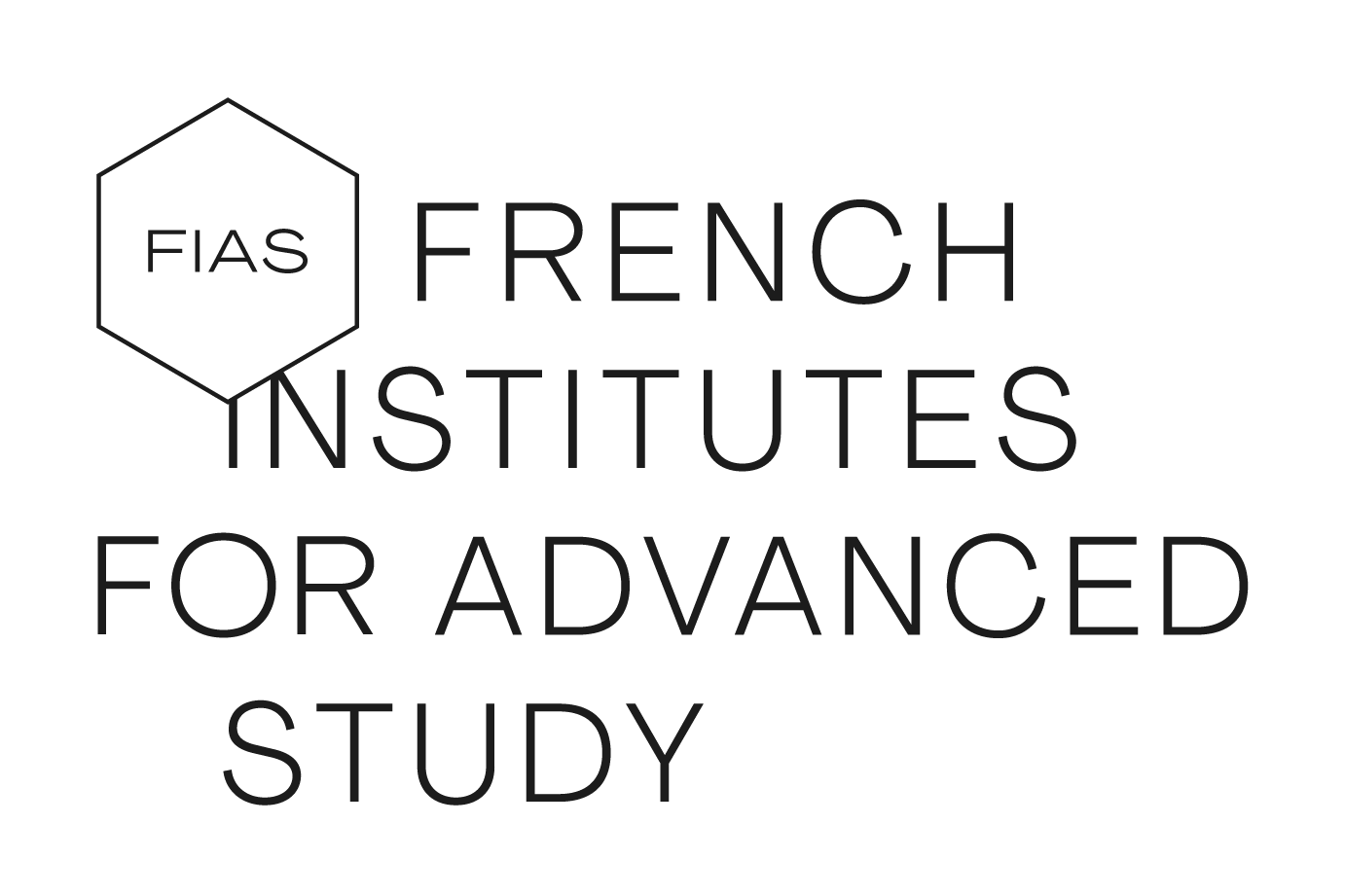Andrea Daher
Andrea Daher is Professor Emeritus at the Institute of History at the Federal University of Rio de Janeiro (UFRJ), and Researcher at the National Research Council of Brazil (CNPq) since 2006. PhD in History from École des Hautes Etudes en Sciences Sociales in 1995, she was Associate Professor at the University of São Paulo (USP) from 1995 to 1997; Full Professor at UFRJ, from 1998 to 2018; and Visiting Professor at the University of Brasília in 2020-2022. Her publications include Les Singularités de la France Equinoxiale (2002), L’Oralité perdue (2016), and the direction of collective works, including Oral por escrito (2018). She held Alfonse Dupront Chair (2010) and Sergio Buarque de Hollanda Chair in Social Sciences of Maison des Sciences de l’Homme (2010-2014) at Paris-Sorbonne University. At UFRJ, she was responsible for academic exchange activities in social sciences, such as Claude Bernard Chair, in partnership with Collège de France and French Academy of Sciences. She supervised a significant number of Master’s, Doctoral and Post-doctoral Thesis at the Graduate Program in Social History. As Coordinator of the Research Laboratory in the History of Literary Practices at the Institute of History of UFRJ, she works in the promotion of national and international networks of historians and social scientists.
In February 2023, she joins the Paris IAS as part of the French Institutes for advanced Study fellowship program - FIAS - co-funded by the European Union’s Horizon 2020 research and innovation programme under the Marie Skłodowska-Curie grant agreement No 945408. Her fellowship also benefits from the support of the RFIEA+ LABEX, with a national funding (Grant ANR-11-LABX-0027-01). 


Research interests
Cultural and Intellectual History, in particular the history of representation practices focused on the uses of writing and its relationship with orality in modern and contemporary times.
In the land of the Blind: the translator, the historian and the librarian
This research project is based on the experience of blind (and partially sighted) intellectuals of the 19th and 20th centuries, in circumstances where orality governs the constitution of their literate habitus. In their unique trajectories, three figures stand out.
The first figure is the translator, based on the trajectory of the Portuguese writer António Feliciano de Castilho. His translation of Goethe's Faust started an intense controversy in Portugal in 1872 called the “Question of Faust”. In this polemic, the mentions to his blindness share space with the main argument, according to which he did not know the German language.
The second figure is the historian of literature, represented by Pierre Villey, a great specialist Michel de Montaigne’s Essays. At the same time, Villey also devotes a few works to the blindness based on his own experience in the age of the typewriter and Braille libraries.
Finally, the figure of the librarian is represented by a triad of blind or partially sighted intellectuals who were directors of the National Library of Argentina: Marmól, Groussac and Borges. Their relationship to literate culture was built within the “order of books” that the library contains and which gives it its full meaning.
Key publications
Daher, Andrea. L’Oralité perdue. Essais d’histoire des pratiques lettrées (Brésil, XVIe-XIXe siècle). Paris, Classiques Garnier, 2016, 195 p.
DOI: 10.15122/isbn.978-2-8124-4654-2
Daher, Andrea. Les singularités de la France Equinoxiale. Histoire de la mission des pères capucins au Maragnan (1612-1615). Paris, Honoré Champion, 2002, 346 p. (réédition : Paris, Classiques Garnier, 2022)
DOI: 10.15122/isbn.978-2-37312-484-2
Daher, Andrea (ed.). Oral por escrito. A oralidade na ordem da escrita, da retórica à literatura. Chapecó/Florianópolis, Argos/UFSC, 2018, 258 p.
|
Workshop organized by Andrea Daher, 2022-2023 Paris IAS Fellow Projection-débat autour du documentaire d'Andrea Daher, chercheuse-résidente 2022-2023 de l'IEA de Paris |
|
|
|
|


